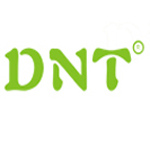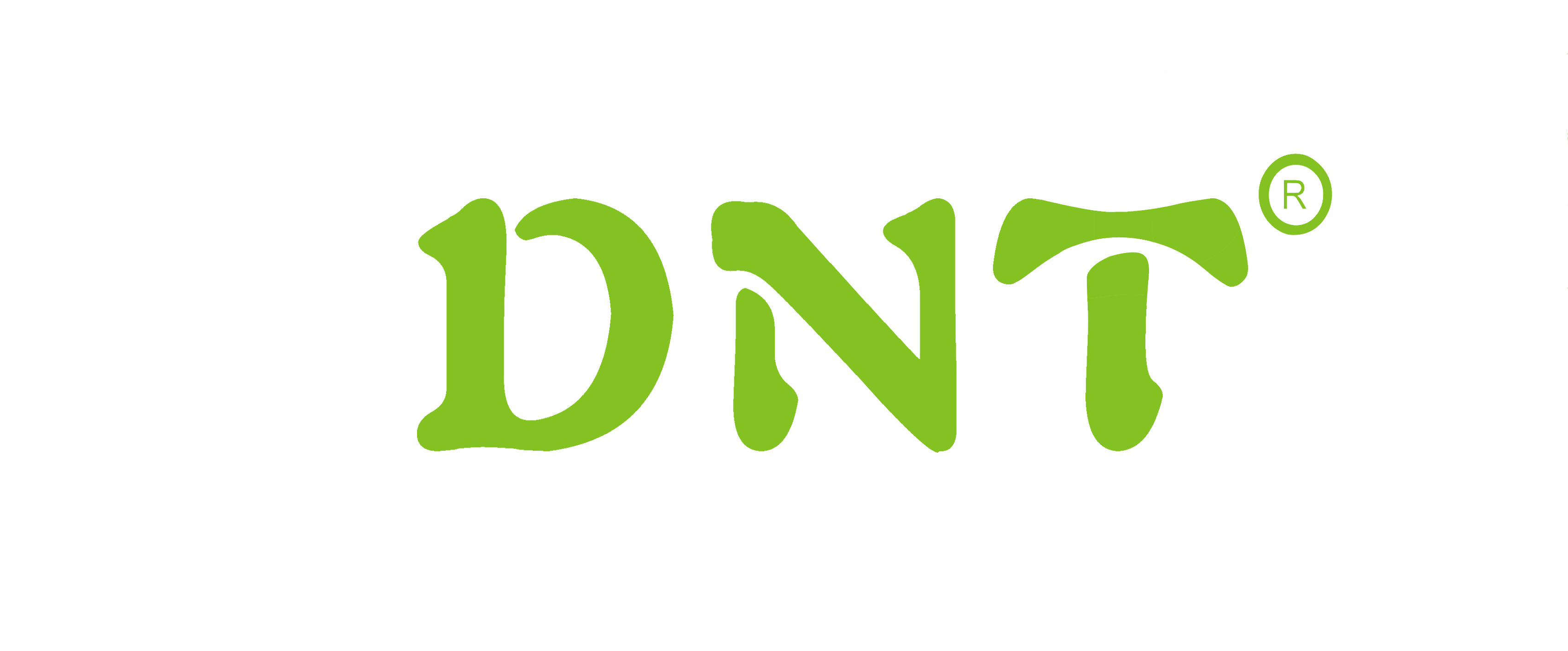Essential Automotive Tools for DIY Enthusiasts and Mechanics
Automotive tools are essential for DIY enthusiasts and mechanics alike, enabling them to perform various maintenance, repairs, and modifications on vehicles. Whether you are a hobbyist working on your personal car or a professional mechanic in an automotive workshop, having the right tools is crucial for efficiency, accuracy, and safety. This article highlights some of the essential automotive tools that every enthusiast or mechanic should have in their toolbox.
Socket Set:
A socket set is a must-have tool, featuring a range of sockets in different sizes to fit various nuts, bolts, and fasteners. Look for a high-quality set that includes both metric and standard (imperial) sizes, along with extensions and a ratchet handle for easy use.
Wrench Set:
A set of combination wrenches, including both open-end and box-end wrenches, is essential for tightening or loosening bolts and nuts. Consider investing in a set with both metric and standard sizes to cover a wide range of applications.
Screwdrivers:
A set of screwdrivers with various sizes and types (flathead and Phillips) is necessary for working with different types of screws and fasteners. Look for screwdrivers with comfortable handles and durable tips for improved grip and longevity.
Pliers:
Pliers are versatile tools that come in various types, including slip-joint pliers, needle-nose pliers, and locking pliers (such as Vise-Grips). They are used for gripping, bending, cutting wires, and holding objects securely during repairs.
Torque Wrench:
A torque wrench is essential for accurately tightening bolts to specific torque specifications, preventing overtightening or under-tightening. This tool is crucial for critical components such as engine parts, suspension components, and wheel lug nuts.
Jack and Jack Stands:
A hydraulic floor jack and a set of sturdy jack stands are indispensable for safely lifting vehicles off the ground during maintenance and repair tasks. Choose a jack and stands that can handle the weight of your vehicle.
Oil Filter Wrench:
An oil filter wrench is designed to grip and remove oil filters during oil changes. Select a wrench that matches the size and type of oil filter used in your vehicle for easy removal and installation.
Diagnostic Tools:
Diagnostic tools such as a code reader or an advanced OBD-II scanner allow you to retrieve diagnostic trouble codes (DTCs) from your vehicle's onboard computer system. These tools help identify and diagnose issues, making troubleshooting more efficient.
Brake Tools:
Brake tools, including a brake caliper compression tool, brake bleeder kit, and a brake line flaring tool, are essential for brake system maintenance and repairs. These tools enable proper installation, bleeding, and maintenance of the braking system.
Electrical Tools:
Wire cutters, wire strippers, and a multimeter are necessary for electrical repairs and installations. They assist in diagnosing electrical issues, cutting wires to the correct length, and testing electrical circuits.
wheel hub puller :
A wheel hub puller, also known as a wheel bearing puller, is a valuable tool in the automotive industry for safely and effectively removing wheel hub assemblies. Whether you are a professional mechanic or a DIY enthusiast, understanding the functionality and benefits of a wheel hub puller can greatly simplify the process of wheel bearing replacement and brake repairs.
Having the right automotive tools is essential for DIY enthusiasts and mechanics to tackle various maintenance, repairs, and modifications on vehicles. The tools mentioned in this article, including socket sets, wrenches, screwdrivers, pliers, torque wrenches, jacks, diagnostic tools, brake tools, and electrical tools, form the foundation of a well-equipped automotive toolbox. By investing in high-quality tools and expanding your collection over time, you'll be equipped to handle a wide range of automotive tasks efficiently and effectively.








